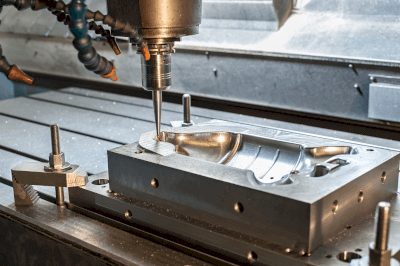What Is a Thin Head Hex Screw?

A thin head hex screw, also known as a low head screw, is a type of bolt characterized by a lower head height compared to standard bolts. These screws are typically 2/3 to 1/2 the height of a regular bolt, making them suitable for situations where space for bolt installation is limited. They are commonly used in visible areas on furniture and other items, as they reduce or eliminate bolt head protrusion, improving aesthetic appeal.
Their design also contributes to weight reduction due to the lesser material used in the bolts.
Uses of Thin Head Hex Screws
Thin head hex screws are employed in various settings where space-saving and design considerations are essential:
- They are used for fastening in areas with limited clearance, where a sleeker fit is desired, and in thin plates that cannot accommodate larger bolts.
- When combined with slim nuts, these screws enhance space-saving performance.
- Specific applications include preventing interference with moving parts like doors in machinery or where deep counterbored holes are not feasible.
While they are primarily used for mechanical purposes and design enhancement, they are generally more expensive than regular bolts. There are also variations like small head bolts and combination types that offer both low heads and smaller diameters.
Features of Thin Head Hex Screws
Traditionally, countersunk head screws were used when a protruding screw head was undesirable, but thin head hex screws have been developed to overcome limitations like the requirement for a member in thin materials. They come in various types, such as low head caps, thin bound, slim heads, etc., and are made from materials like steel, stainless steel, titanium, aluminum, and resin.
Other Information on Thin Head Hex Screws
1. Applications
Thin head hex screws come in diverse head shapes, including types for vacuum equipment and tamper-resistant designs. Their fastening holes vary from common cross-holes to hexagonal and hexalobular designs. Ultra-thin variants are available with even lower head heights.
These screws provide neat appearances without the need for counterboring, and their low profile can deter theft.
2. Cautions for Use
Despite their advantages, users should be cautious with thin head hex screws. Due to their short screw heads and smaller fastening holes, they require smaller tools and are prone to slippage during tightening or loosening. They also offer less strength than regular cap bolts, making them unsuitable for high-stress applications.